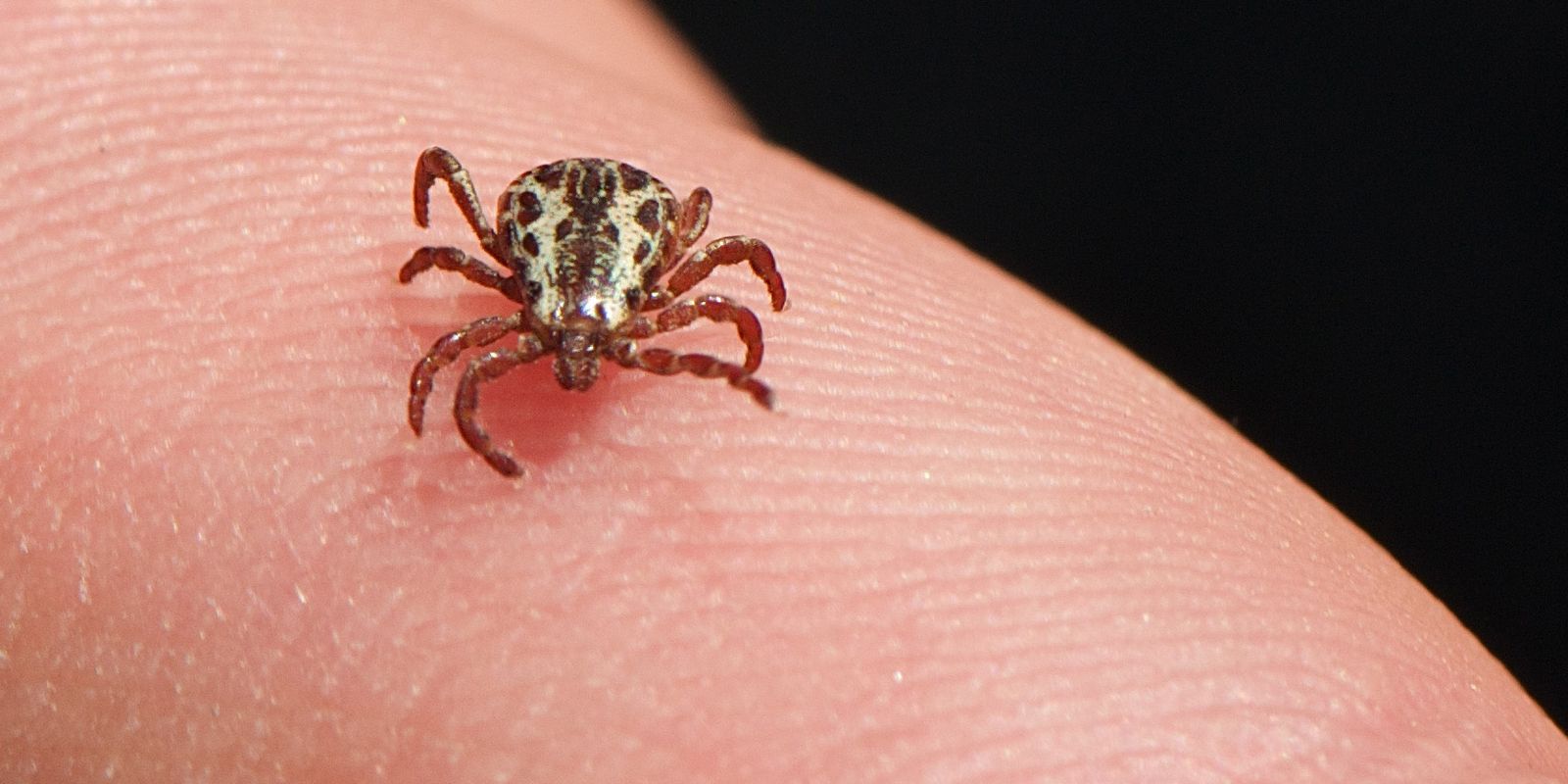The Adolfo Lutz Institute, linked to the São Paulo State Department of Health, confirmed on Tuesday evening (13) three deaths caused by Rocky Mountain spotted fever in people who contracted the disease in the municipality of Campinas, in inside Sao Paulo.
The deaths of a 28-year-old woman and a couple – a 36-year-old woman and a 42-year-old man – occurred on the same date, the 8th, in rural Campinas on May 27. , and showed symptoms of the disease. Until this afternoon, the cause of only one of these deaths had been confirmed.
A 16-year-old girl, who was also at the same location, is hospitalized in Campinas and the health department is investigating whether she contracted the bacteria.
endemic region
In a statement, the City Council of Campinas affirms that the city is an endemic zone of spotted fever of the Rocky Mountains and that the Municipal Department of Health has fulfilled its responsibility to alert the population on the risks and the prevention of the disease, “in particular carrying out actions in the areas of the districts of Sousas and Joaquim Egídio, which is the region where the leisure space is located”.
The town hall also informed that, immediately after being informed of the cases, the Department of Sanitary Surveillance (Devisa) of the municipality launched a series of prevention, information and mobilization actions against spotted fever at the farm of Santa Margarida.
“Farm officials have been made aware of the importance of reporting the risk of Rocky Mountain spotted fever. This information is essential so that the person adopts a safe behavior when visiting these spaces and also so that after his visit, if he presents signs and symptoms, he can inform the doctor and facilitate the diagnosis”.
According to the town hall, in the next few days, Devisa technicians will carry out a survey to verify the extent of the tick infestation in the space. The city administration said it stepped up action against Rocky Mountain spotted fever in city parks last week.
In a note, the Fazenda Santa Margarita regretted these deaths and said that it had always acted in accordance with the rules and legal requirements related to health surveillance. He also stated that he maintains a rigorous process of maintenance and care in relation to the space and its conservation.
“All documentation to the Treasury is in compliance and regular with the competent bodies and legal requirements, including the City Council of Campinas. It is important to point out that in recent years there has never been a case like this. [na fazenda]”.
The farm statement also points out that the rural region of Campinas is experiencing recurring cases of Rocky Mountain spotted fever and that the municipality is responsible for controlling and preventing the disease. “This disease is considered a zoonosis, that is to say a disease that can be transmitted between animals and humans. It should be noted that responsibility for the control and prevention of Rocky Mountain spotted fever is assigned to the municipality, as established by relevant legislation.
According to the government of São Paulo, since the beginning of the year, 12 cases of Rocky Mountain spotted fever have been recorded in the state and 6 deaths, including the three confirmed today. In 2022, 53 cases have been recorded, with 37 confirmed deaths. Already in 2021, there were 76 cases and 42 deaths.
The town hall has informed that all events at Fazenda Santa Margarida have been suspended until the company presents an environmental and communication emergency plan on the presence, in space, of ticks that transmit spotted fever.
about the disease
Rocky Mountain spotted fever is an infectious disease caused by bacteria transmitted by tick bites. Contamination does not occur directly from person to person through contact. The disease is treatable if identified early.
“The Secretary of State for Health emphasizes that people who live or travel in areas of transmission are alert to the slightest sign of fever, body aches, despondency, nausea, vomiting, diarrhea and abdominal pain and that they request a medical service by informing them that they were in these regions to carry out early treatment and avoid the aggravation of the disease”.

“Typical thinker. Unapologetic alcoholaholic. Internet fanatic. Pop culture advocate. Tv junkie.”








